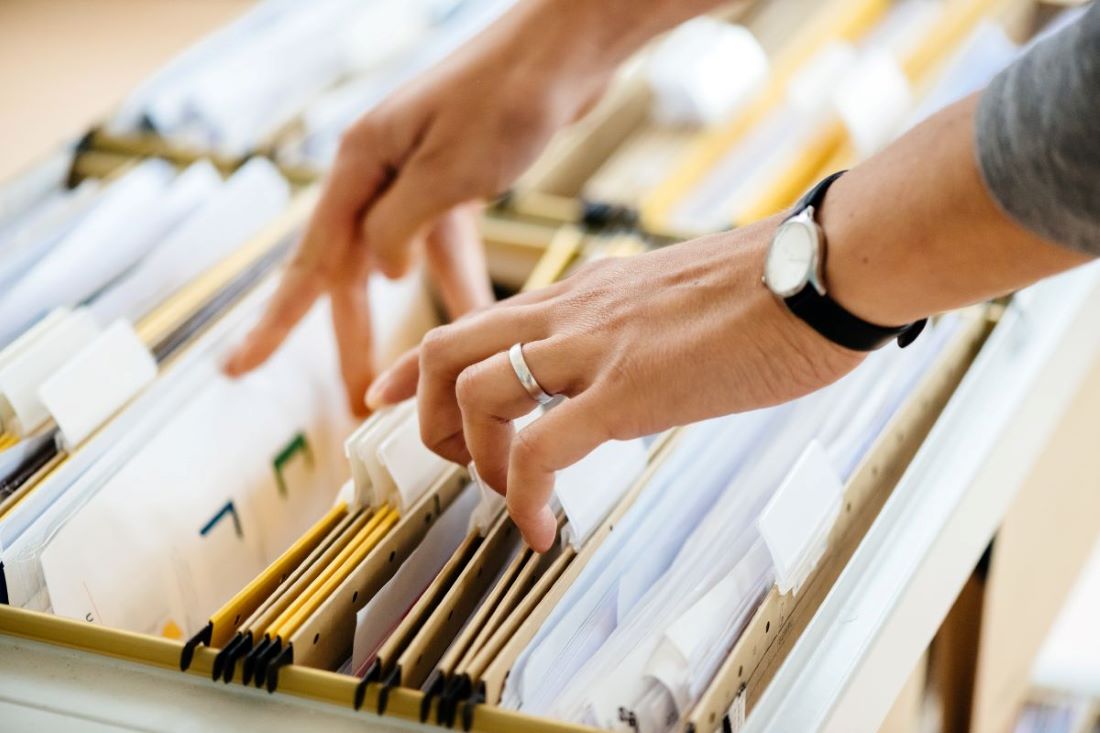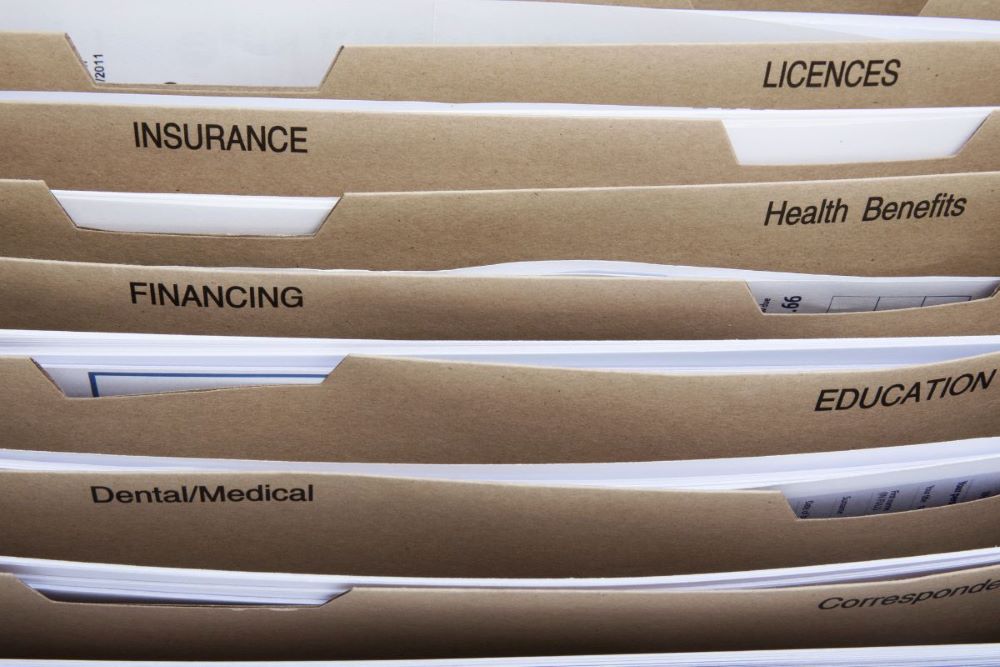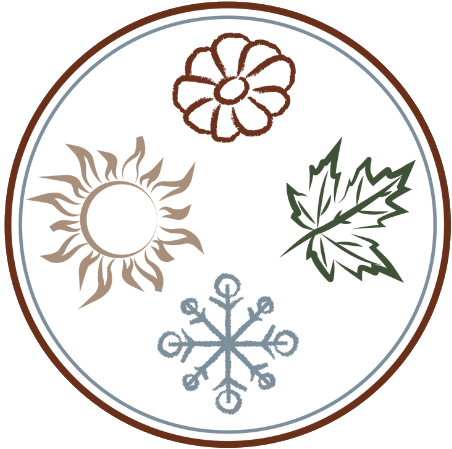Life documents, such as medical records, legal documents, financial documents, and insurance information, contain crucial details about your life that may be needed in various situations. It’s important to keep these documents organized and up to date to ensure easy access when needed. In this article, we will discuss the different types of life documents and provide tips on organizing your life documents.
Disclosure: This blog may contain affiliate links, which means we may earn a commission if you click a link and make a purchase (at no additional cost). We only recommend products and services we use and trust. We aim to provide valuable, trustworthy resources that enhance and simplify your life. You can read our full privacy policy here.
Types of Life Documents
- Medical records: Medical records may include information about your medical history, allergies, medications, and treatment plans.
- Legal documents: Legal documents may include wills, power of attorney, and living wills. These documents outline your wishes and plans for financial and personal affairs in the event of your death or incapacitation.
- Financial documents: Financial documents may include bank statements, investment accounts, retirement accounts, and trusts. They provide information about your financial situation and assets.
- Insurance documents: Insurance documents such as health insurance, life insurance, home, and auto insurance. They provide coverage for various aspects of your life in the event of an unforeseen circumstance.
It’s essential to keep your life documents organized and up to date so you can easily access them when needed. Make sure to review and update your documents regularly, and share copies with a trusted person in case something happens to you and you are unable to access them yourself. By keeping your life documents in order, you can ensure that you have the information you need to make informed decisions about your life and future.

Organizing Your Life Documents
- Create a physical or digital file for each type of document. For example, you might have a file for medical records, another for legal documents, and so on. This will make it easier to find what you’re looking for when you need it.
- Keep all of your documents in one central location. This could be a physical filing cabinet or a digital folder on your computer. Having all your documents in one place will make them easier to access and keep track of.
- Make copies of important documents. It’s a good idea to have copies of important documents in case the originals are lost or damaged. You should keep the copies of your original documents in a different location, such as a safe deposit box, to ensure they are safe and secure.
- Keep your documents up to date. Make sure to review and update your documents on a regular basis. The birth of a child, marriage, death, and other key life events all prompt the need to update important documents. This might include updating contact information, adding new medical records, or revising legal documents.
- Share your documents with a trusted person. It’s important to have someone you trust who has access to your important life documents in case something happens to you and you are unable to access them yourself. Make sure to give this person copies of all relevant documents and let them know where to find them.
Following these tips can help ensure that your important life documents are organized and easily accessible when you need them. This can provide peace of mind and help you feel more prepared for any situation that may arise.









